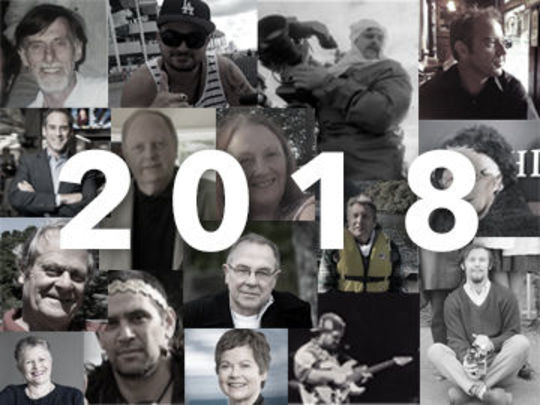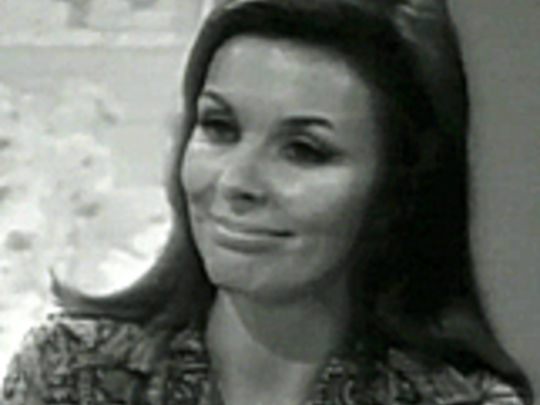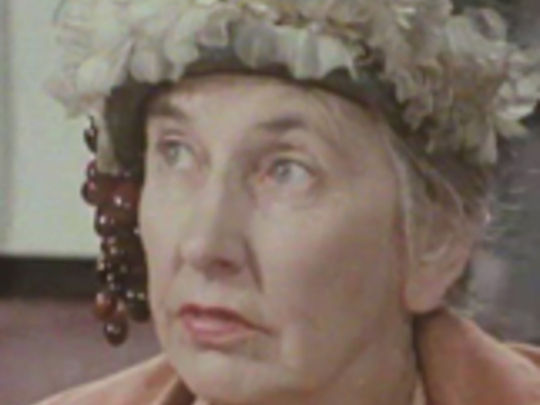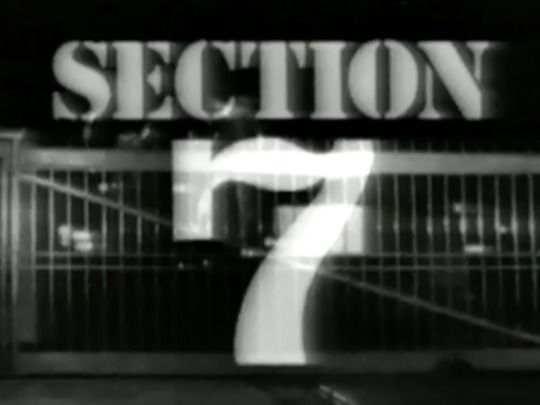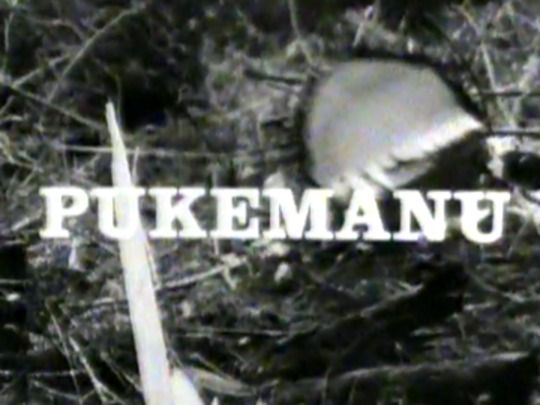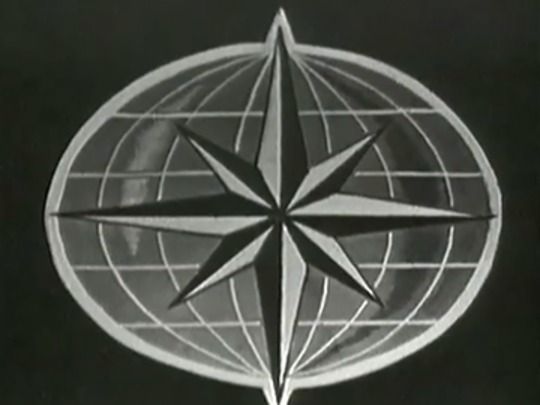
David Stevens
Writer, Director
Tying David Stevens' career down to a single nation or genre is a challenge. Stevens grew up in Africa and the Middle East, studied acting in the UK, then began his screen career in NZ. In 1972 he directed award-winning drama An Awful Silence, then moved to Australia. There he was Oscar nominated for co-writing movie Breaker Morant, and forged a busy career directing (A Town Like Alice) and writing (The Sum of Us).
Rude, funny, kind and uplifted by an exemplary urge to instruct as well as entertain. The Telegraph (UK), reviewing David Stevens' movie The Clinic
